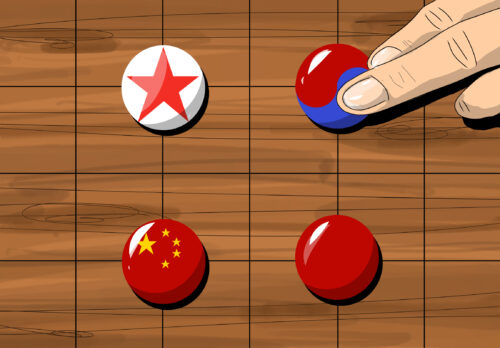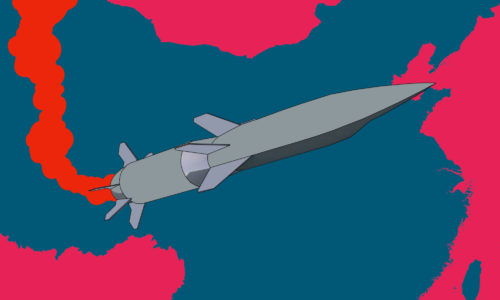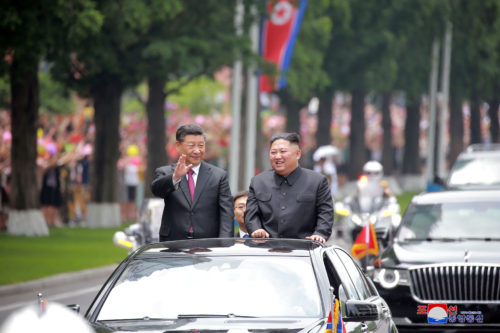The North’s nukes: Did Beijing sow what it must now reap?
Kaiser Kuo’s selection of the top stories from China on September 7, 2017. Part of the daily The China Project newsletter, a convenient package of China’s business, political, and cultural news delivered to your inbox for free. Subscribe here.

Beijing’s role in the Korean crisis
Two major questions emerge in today’s reporting on China and the North Korean crisis. The first is one we’ve been asking for some time now: What will China do to try to bring its ornery putative ally to heel? A very possible answer to the second question — what was China’s role in facilitating or accelerating Korea’s nuclear and ballistic missile program? — has now been put forward in a piece by Alastair Gale and Jeremy Page of the Wall Street Journal. Gale and Page conclude that North Korean students at Chinese universities (link paywalled), just nine of whom downloaded 57,000 papers in May alone, were likely conduits for key technologies — and that Beijing may have violated the terms of sanctions by allowing this to happen.
Meanwhile, China’s Foreign Minister Wang Yi has agreed in principle to further UN action (read: sanctions), but many Chinese are angered over the installation by South Korea of four more American THAAD (Terminal High Altitude Area Defense) launchers, and South Korea is warning its citizens in China to avoid any confrontations.
We’re now entering a very delicate moment in U.S.–China relations, and skillful diplomacy is badly needed to steer the relationship through these choppy waters. Unfortunately, with neither a trusted point person (paywall) on China nor, apparently, any inclination to consider China’s suggestions on possible diplomatic solutions, there’s not much cause for optimism.
Blog watch: Women and gender in China
Close follower of all things gender and feminism in China, Séagh Kehoe has launched a blog dedicated to the subject. It’s called WAGIC (Women and gender in China), and post no. 1 is a reflection on feminism’s past, present, and future in China by Harriet Evans at the University of Westminster. You can follow Séagh on Twitter here, and follow WAGIC at @halfthesky49.






